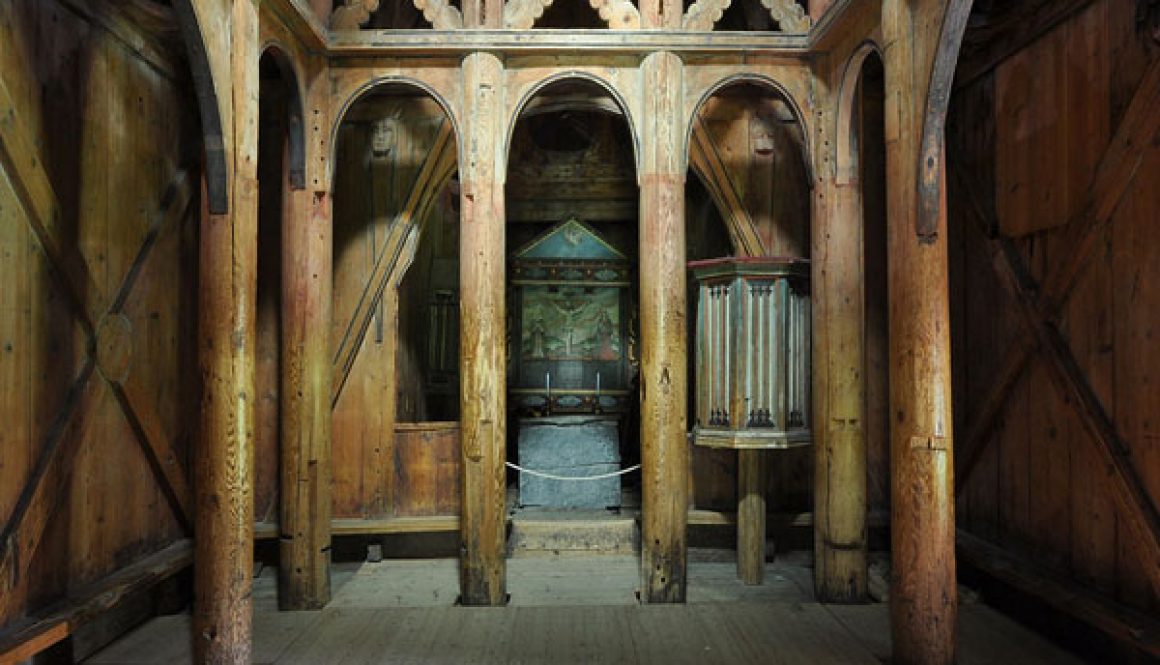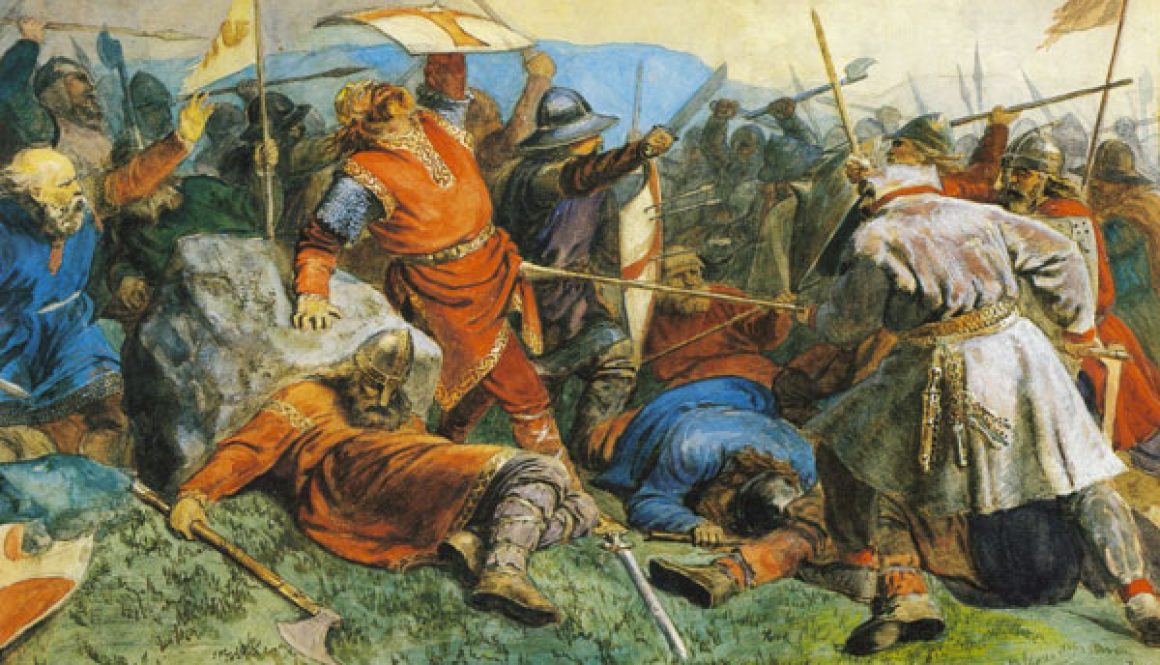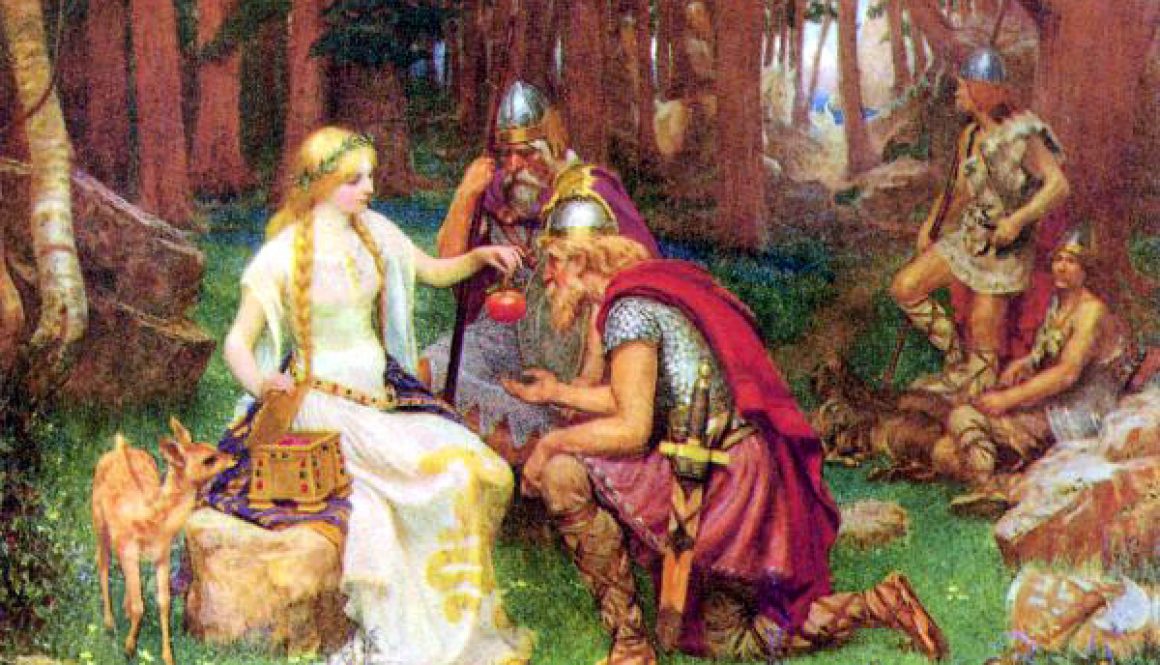Vikings Fell Victim to Press
Did you know that the Vikings may be the victims of bad press? To be certain, they were brutal and intent on conquest and gathering wealth. But they were no better and no worse than any of the European armies that marched across the continent in those centuries. They were a product of their times.
They did not write about themselves and they didn’t have paper. Their history was oral and, while they were literate, their alphabet, the Futhark runic system, was carved into wood and stone. This method of writing wasn’t conducive to long works. They used it to inscribe rune stones with brief accounts of deeds and families, and to make short notes and messages.
The literati of the day were Christian monks and priests. European armies seldom if ever attacked monasteries and churches, but the Vikings did. So the priests wrote particularly vicious accounts of them, no doubt inflating the events, and there was no one to contradict these reports. European armies were more destructive and vengeful than the Vikings, who mainly wanted to collect treasure or tribute, and leave. If they had destroyed the places they raided and killed all the people, they couldn’t return the next year to get more gold and silver. And return they did, year after year. Eventually, the European cities paid them off to leave them in peace. This practice became so prevalent, it led to a collapse of the European economy.
What gave the Vikings their fearlessness in battle and in life itself? Next time, we’ll explore how their cultural beliefs influenced their battle-prowess.


